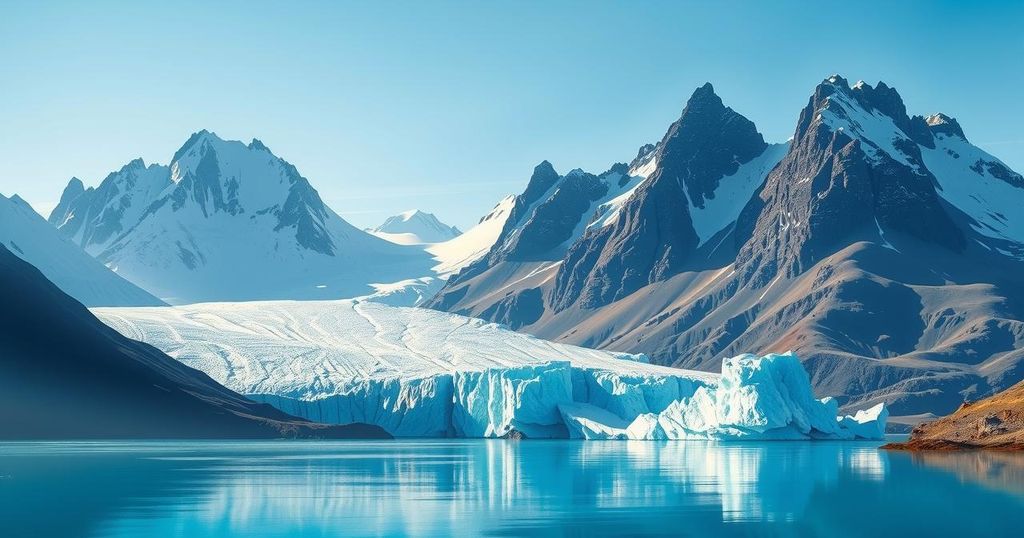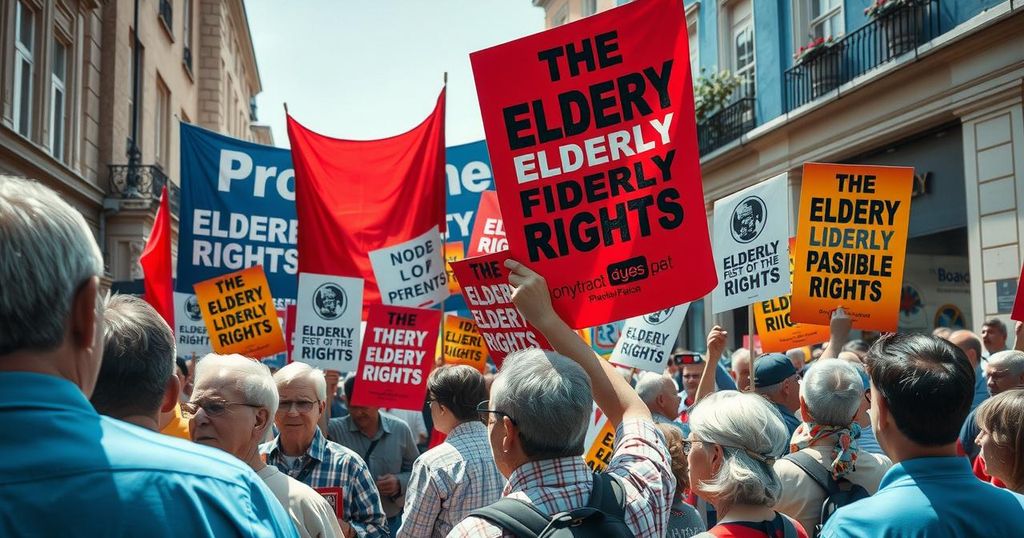Greenland holds parliamentary elections amid U.S. President Trump’s interest in the region, focused on its potential independence. A celebratory atmosphere marks the election, with polls showing majority support for autonomy from Denmark. Citizens express a desire for self-determination, despite the strategic implications of their rare earth mineral resources. Media attention highlights the election’s significance as Greenlanders navigate their future amidst global pressures.
Polls have officially opened for early parliamentary elections in Greenland, coinciding with U.S. President Donald Trump’s interest in the strategic Arctic island. With a population of approximately 56,000, predominantly Indigenous Inuit individuals, Greenland’s location in the North Atlantic is crucial, particularly given its reserves of rare earth minerals essential to the global economy.
While unofficial election results are anticipated shortly after polls close at 2200 GMT, the validation of these results will require several weeks due to the remote locations of many ballot papers. Despite the growing push for independence since 2009, the election will focus on selecting 31 lawmakers responsible for determining the island’s future, specifically regarding the potential for independence from Denmark.
The atmosphere was celebratory at the sole polling location in Nuuk as election officials commenced the voting process to cheers. Opinion polls suggest a majority of Greenlanders support independence, and while they maintain positive relations with the Americans, they have clarified their stance on not seeking American nationality. This sentiment is encapsulated in their declaration: Greenland is “open for business, but not for sale.”
Doris Jensen, of the Siumut party, remarked on the shift in sentiment, saying, “The situation has changed because of Trump and because of the world,” implying a need for expedited independence efforts. Trump’s involvement has undeniably altered the local democratic landscape, attracting a surge of international media attention.
One voter, Sofia Rossen, asserted, “Stop talking about Greenland. Stop,” emphasizing that the future of Greenland should be determined solely by its inhabitants. Pipaluk Lynge from the ruling Inuit Ataqatigiit party expressed apprehensions stemming from Trump’s interest, stating their desire for a stronger bond with Europe to bolster sovereign status.
Political dynamics in Greenland traditionally exhibit a calmer atmosphere, with campaigning conversations focusing on workforce development and future infrastructure. On election day, parties engaged voters with food offerings and were met with high turnout expectations amid an optimistically sunny day. A bus service facilitated transportation for citizens navigating toward polling stations, underscoring the significance of this electoral moment and the pressing stakes involved in the nation’s sustained growth and autonomy.
In summary, Greenland’s parliamentary elections represent not only a pivotal moment for its citizens but also reflect broader geopolitical interests, particularly from the United States. As the electorate considers its path toward potential independence, the sentiments articulated by local leaders and voters underscore a desire for self-determination. This election is critical for shaping Greenland’s future as it grapples with the dual imperatives of its local aspirations and global attention on its resource wealth.
Original Source: www.pbs.org




